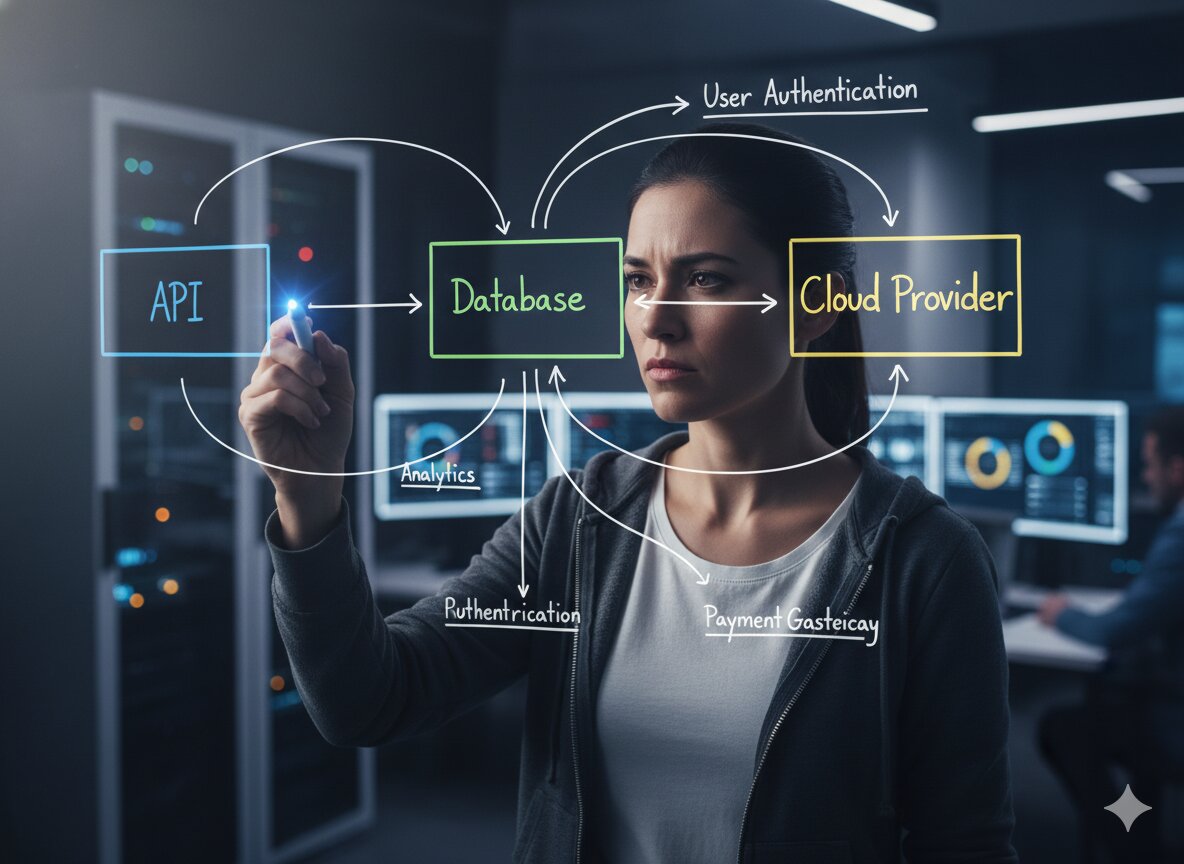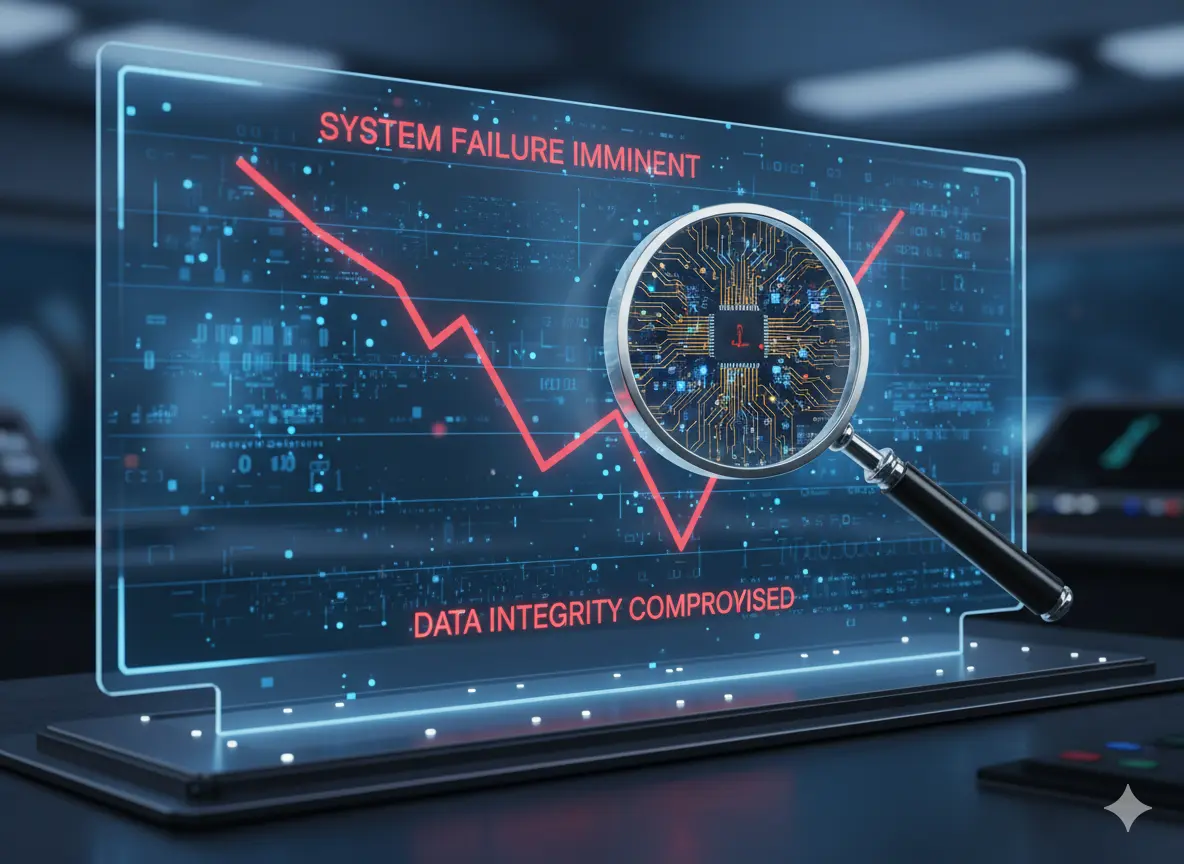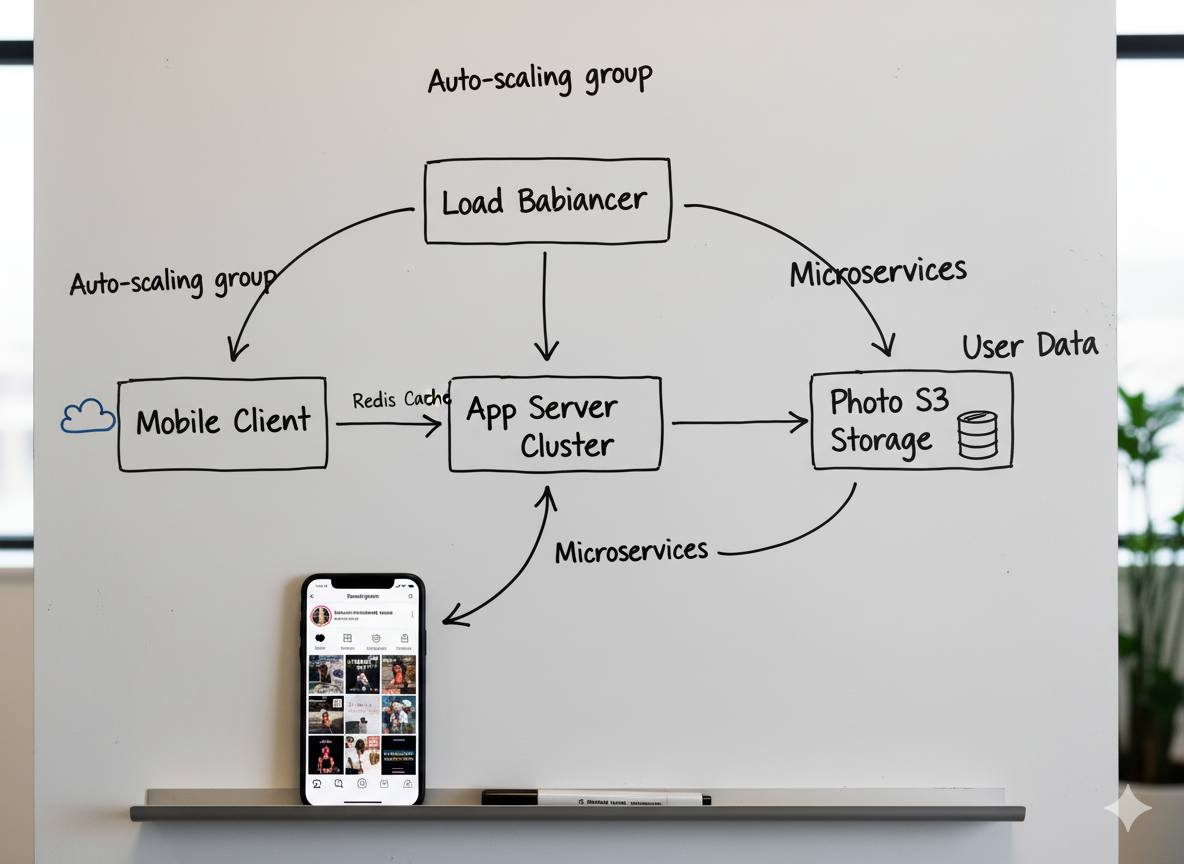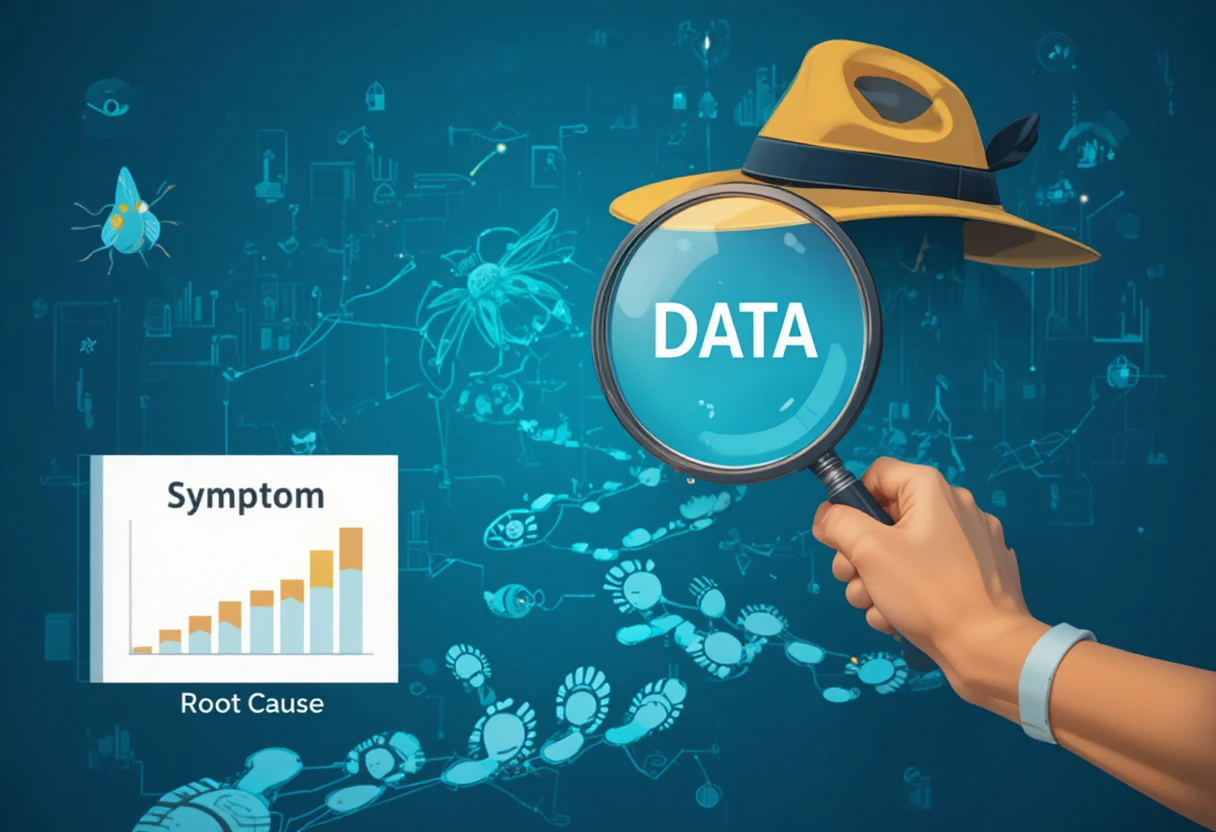Introduction
Artificial Intelligence (AI) is no longer just a buzzword—it's a business imperative. Organizations across industries are investing in AI to enhance products, improve operations, and gain a competitive edge. As a result, Technical Program Managers (TPMs) are increasingly leading AI integration projects, ensuring timely delivery while navigating the complexity of AI technologies, cross-functional stakeholders, and evolving regulatory frameworks.
In this blog, we’ll explore what TPMs need to know when managing AI initiatives—from preparing technically to leading cross-functional teams—and how to set yourself apart in AI-centric interviews.
Before the Project: Lay the Groundwork for AI Success
Understand the AI Stack
To lead AI programs, you need to understand how AI systems are built. Get familiar with:
- Machine learning models (supervised vs. unsupervised, NLP, CV, etc.)
- Training data pipelines and labeling
- Model training, testing, deployment (MLOps)
- AI infrastructure (GPU clusters, cloud-based ML platforms like SageMaker, Vertex AI)
While you don’t need to be a data scientist, knowing how AI models work helps in making informed decisions, scoping timelines, and understanding technical trade-offs.
Clarify Business Objectives Early
AI programs often fail when they lack clear business alignment. As a TPM, you should ask:
- What is the business goal for this AI system?
- What problem is it solving better than traditional software?
- What are the measurable success metrics (accuracy, latency, ROI)?
Aligning the product, data science, and engineering teams around a common vision is critical.
During the Project: Lead with Structure and Flexibility
Manage Uncertainty in AI Development
Unlike traditional engineering, AI projects are non-deterministic—you can't guarantee a model will perform as expected. Build in:
- Exploration phases with checkpoints
- Contingency plans if model performance lags
- Feedback loops to improve iteratively
Set stakeholder expectations accordingly.
Build Cross-Functional Cadence
AI projects require tight collaboration across:
- Data Engineering (for pipelines)
- Data Science (for model development)
- Product & Legal (for compliance and bias review)
- Infrastructure (for model serving and scalability)
As the TPM, you're the conductor—orchestrating delivery while keeping communication transparent and structured.
Focus on Explainability and Ethics
TPMs must be aware of AI fairness, privacy, and transparency. You may need to:
- Coordinate bias testing and documentation
- Ensure GDPR/CCPA compliance with user data
- Help product teams communicate model decisions to users
This is especially important in regulated industries like healthcare, finance, and education.
After the Launch: Iterate, Monitor, and Scale
Implement Post-Launch Monitoring
Once a model is in production, work doesn’t stop. You need to:
- Track model drift and performance degradation
- Ensure real-time alerting for outages or anomalies
- Schedule retraining and version updates
Evaluate Impact and Lessons Learned
Was the business goal achieved? What feedback did stakeholders offer? What would you do differently next time?
Conducting a retrospective not only improves future delivery but builds credibility with leadership.
How KRACD.com Helps You Lead AI Projects with Confidence
AI integration projects demand technical fluency, strong program management, and ethical foresight—all of which KRACD.com helps you master.
Through its specialized TPM training, KRACD.com offers:
- Deep dives into AI systems and MLOps workflows
- Case studies of real-world AI programs at top tech firms
- Mock interviews that simulate AI program scenarios
- 1:1 mentorship to build confidence in AI-led discussions
Whether you're preparing for an AI-focused TPM role or upskilling for a current project, KRACD.com helps you lead with clarity and competence.
Conclusion
As AI continues to transform the tech landscape, TPMs are uniquely positioned to bridge the gap between AI innovation and real-world delivery. By understanding the nuances of AI development, aligning business goals, and managing cross-functional complexity, you’ll stand out as a forward-thinking TPM ready for the future.
And remember—when it comes to preparing for AI integration interviews or projects, KRACD.com has your back.
FAQs
1. Do I need a background in AI or data science to manage AI programs as a TPM?
No, but a solid understanding of AI workflows, key terminology, and how models are deployed will set you apart.
2. How are AI programs different from traditional software projects?
They involve more experimentation, uncertain timelines, and require extensive coordination between data scientists, engineers, and product teams.
3. What tools should TPMs know for AI programs?
Familiarity with platforms like AWS SageMaker, GCP Vertex AI, Databricks, and MLOps frameworks (MLflow, Kubeflow) is useful.
4. How can I prepare for AI-specific questions in TPM interviews?
Study real-world AI projects, understand data pipelines, and prepare for questions around model risk, scalability, and cross-team collaboration. KRACD.com offers tailored mock interviews for this.
5. How can KRACD.com help me prepare for AI-related TPM interviews?
KRACD.com provides dedicated AI program case studies, mentorship, and practice questions that simulate actual interview scenarios from companies like Google, Meta, and Microsoft.















.png)
.png)
.png)
.jpg)
.jpg)

































.webp)








